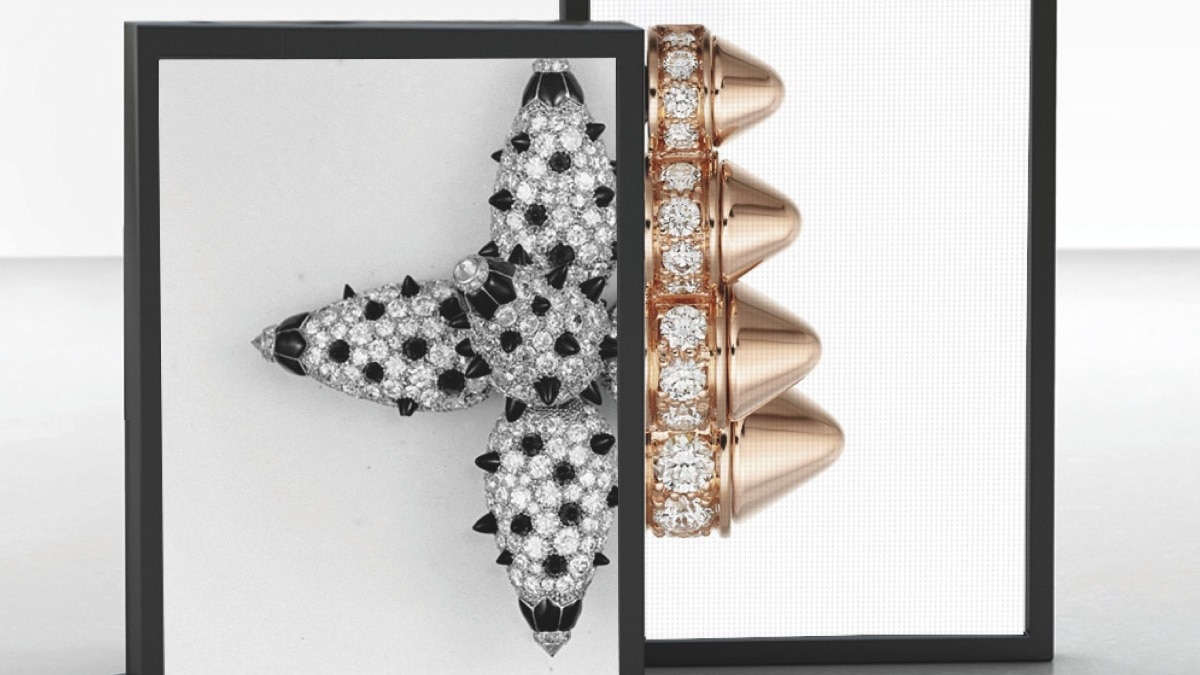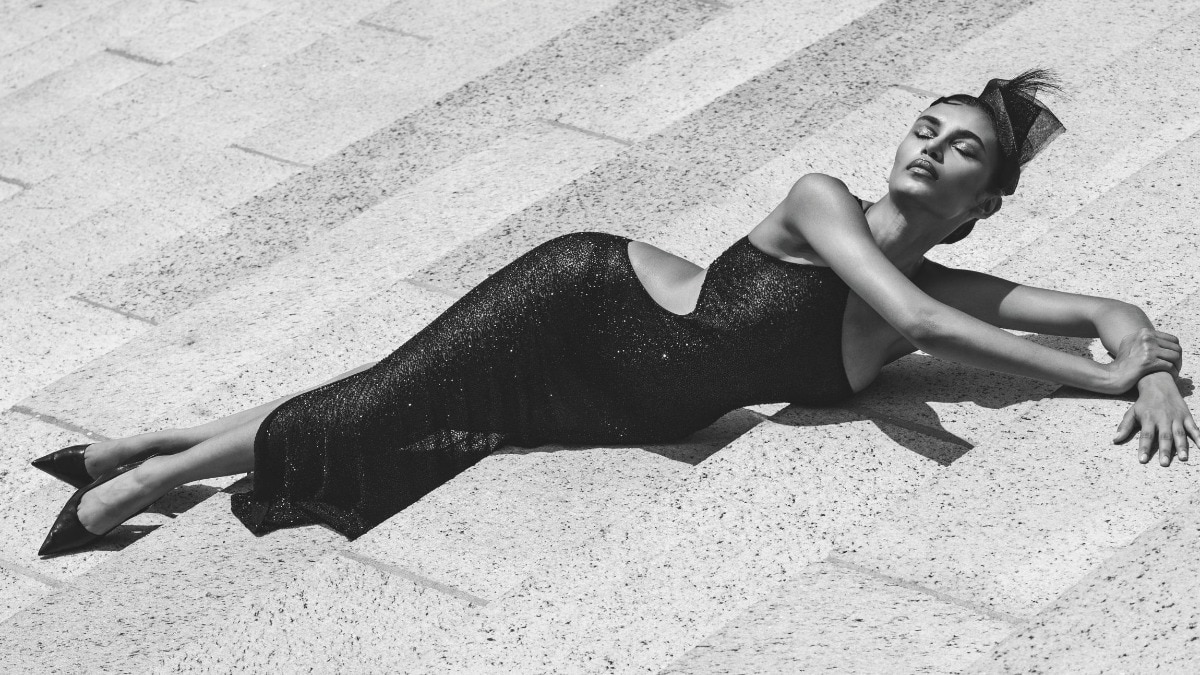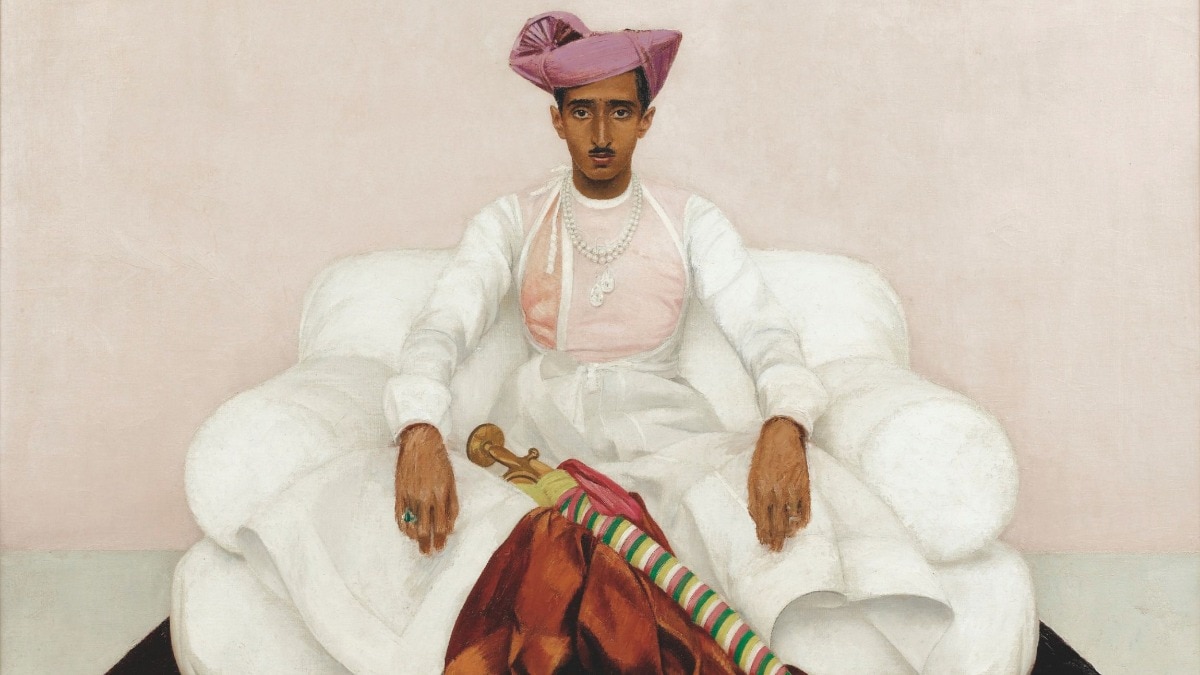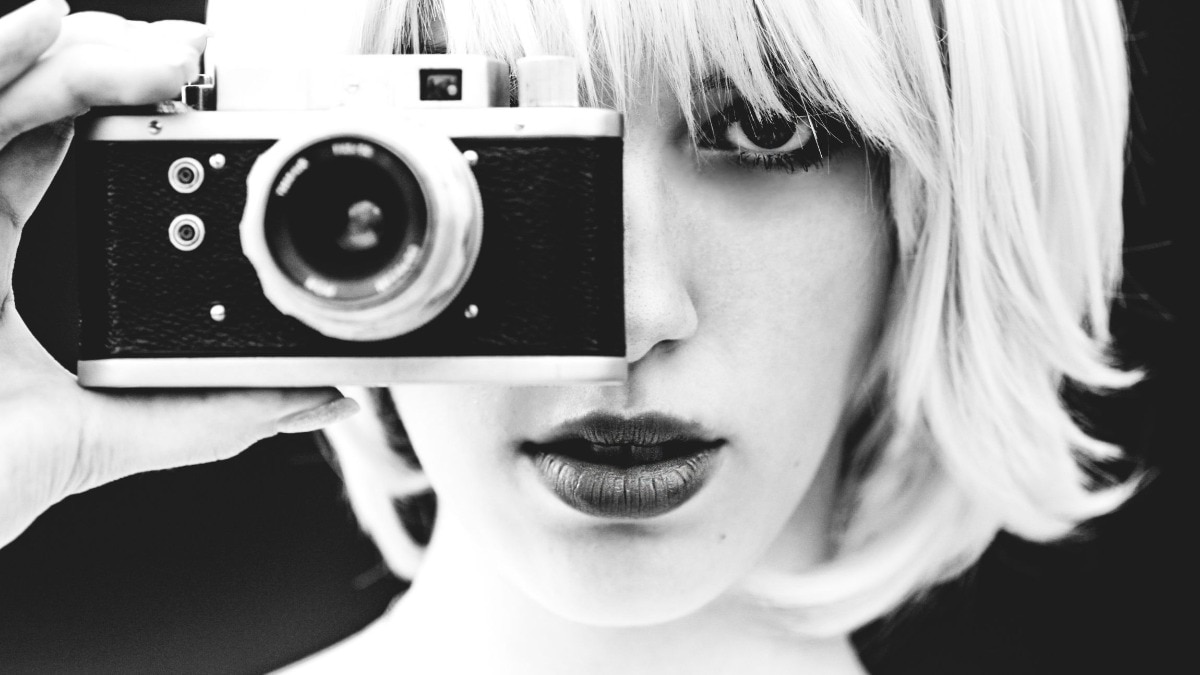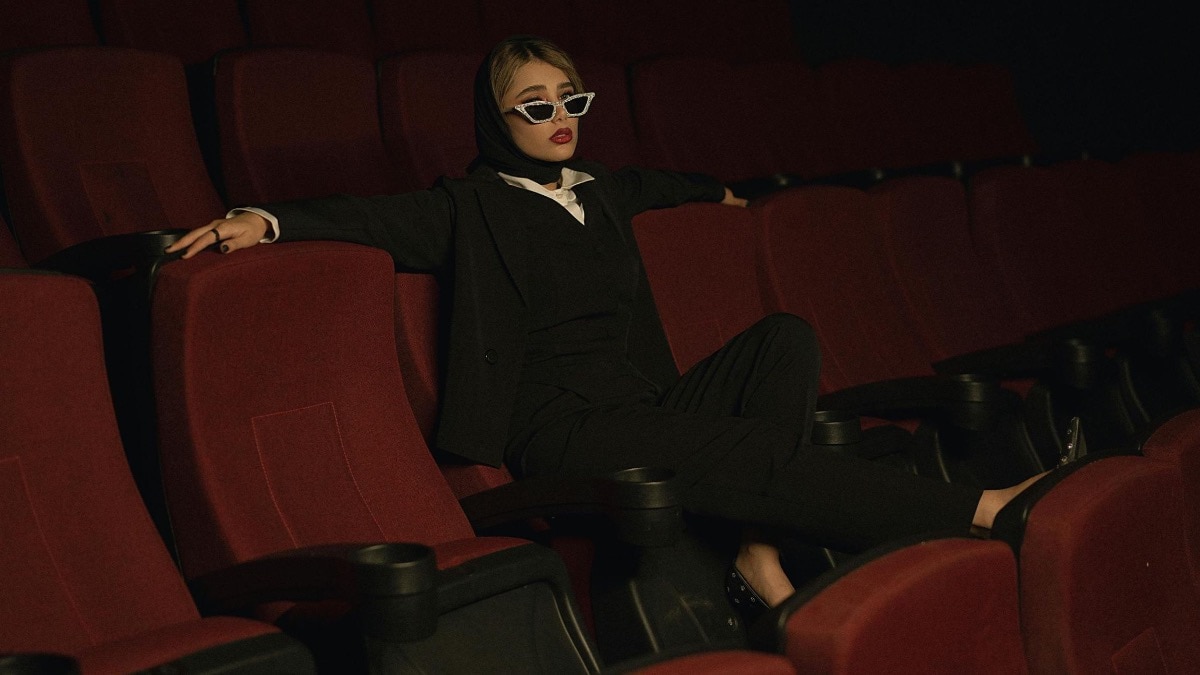Three experts weigh in on what the viral Loewe tomato clutch reveals about the evolving face of luxury fashion
High-end fashion brands are shifting from their traditional approach to design to embrace GenZ's love for pop culture.


For a few days now, fashion enthusiasts have found a new obsession—Loewe’s tomato clutch. To give you context, a user on X (previously Twitter) posted a picture of a red heirloom tomato that looked rather pleasing and captioned it: “This tomato is so Loewe I can’t explain it”. The post quickly gained traction, with users expressing either their amusement or complete agreement with the uncanny resemblance the fruit shared with the brand's aesthetic. One of the comments on the post read: “Don't let Jonathan Anderson see this; he's going to design a giant tomato purse that looks like that”.
This tomato is so Loewe I can’t explain it https://t.co/0zS7HjHxGv
Lo and behold, five days later, the creative director of the brand, Jonathan Anderson posted a video of a clutch that took the shape (and colour) of the tomato, precisely. They used the sepal of the fruit as its lock. And, we must admit, this is quite an iconic move by the brand. Mostly because it’s not everyday that fashion brands turn to memes for inspiration. Namrata Zakaria, senior journalist and columnist, like most of the internet, is here for it. “It's so tongue-in-cheek of Jonathan Anderson to turn a meme into an actual Loewe product. It’s quite delicious if you ask me,” she says.
It's being speculated that the clutch (and the interior) seems to be made of leather. It boasts a gold stem and the Loewe logo prominently sits on the clasp. Though there is no indication of the being available for purchase, but we do know the sale numbers will blow off the roof. Let's admit, who doesn't love a fruit-shaped bag, right?
With this quirky drop, Loewe has, once again, emerged as one of the few high-end fashion brands that have been experimenting with their designs and shifting from their traditional approach to incorporate GenZ's love for pop culture and all the eccentricity that comes with it.
Take, for instance, their pixelated hoodies from the Spring/Summer 2023 collection that looked like they were straight out of the Gen-Z loved video game, Minecraft. Or the "tennis heels" that Zendaya was seen wearing during the press tour of her film Challengers that quickly became the talk of the town. Most recently, the ‘I told ya’ T-shirt, inspired by Challengers has been a sensation among Hollywood celebrities. Clearly, Anderson is ahead of his game.
But Loewe isn’t the only brand that has turned to pop culture for inspiration. Remember Viktor & Rolf’s Spring 2019 Couture collection showcased in Paris? It featured silhouettes with meme-inspired slogans boldly imprinted on them: "Sorry I'm late, I didn't want to come" and "No photos please" among others. Our favourite was: “No, I am my own muse”.
Another dominant example is Gucci's ‘That Feeling When’ campaign, which asked content creators to promote their latest watch collection using the hashtag #TFWGucci.
Earlier this year, Fendi teamed up with Hiroshi Fujiwara of Fragment Design and the Pokémon Company to celebrate Lunar New Year. They put Dragon-type Pokémon on classic Fendi designs. Through this collaboration, what they did is ignite nostalgia among Gen-Z.
"The fashion creatives are definitely using the internet to connect with the younger generation. They are now more focused on appearing approachable and being inclusive—mostly because that's the slogan of the generation," says celebrity stylist Nishtha Parwani.
There’s much truth in this. Creative directors are now quick to jump on the bandwagon of virality and relatability, whether it’s a trending show, a meme sensation, or any other current cultural phenomenon. By doing so, brands are making themselves more accessible to a broader audience, including both newer and older generations. Luxury fashion content creator, Masoom Minawala Mehta says, "Streetwear has blurred the lines between luxury and everyday wear, prompting high-end brands to incorporate bolder, more eclectic elements. Digital platforms have transformed fashion consumption, while a growing emphasis on individuality and self-expression drives consumers to seek styles that reflect their unique personalities."
In essence, it is certain that with the evolving idea of luxury, brands have refined their brand voice, too, and we are all for it! They are making themselves relevant while maintaining the brand's voice. Parwani believes that creative directors are adeptly blending virality and brand aesthetic to bring out the best in the fashion space and stay ahead of the game.
Luxury brands are shifting away from an authoritarian tone and adopting a voice that reverberates with the zeitgeist of this generation. Basically, they’re trying to rizz their way up in the hearts of Gen-Z.
Also read: How runway shows and fashion campaigns become a voice for what is happening around the world
Also read: The man purse is here to stay, and it’s time you fall in love with it


